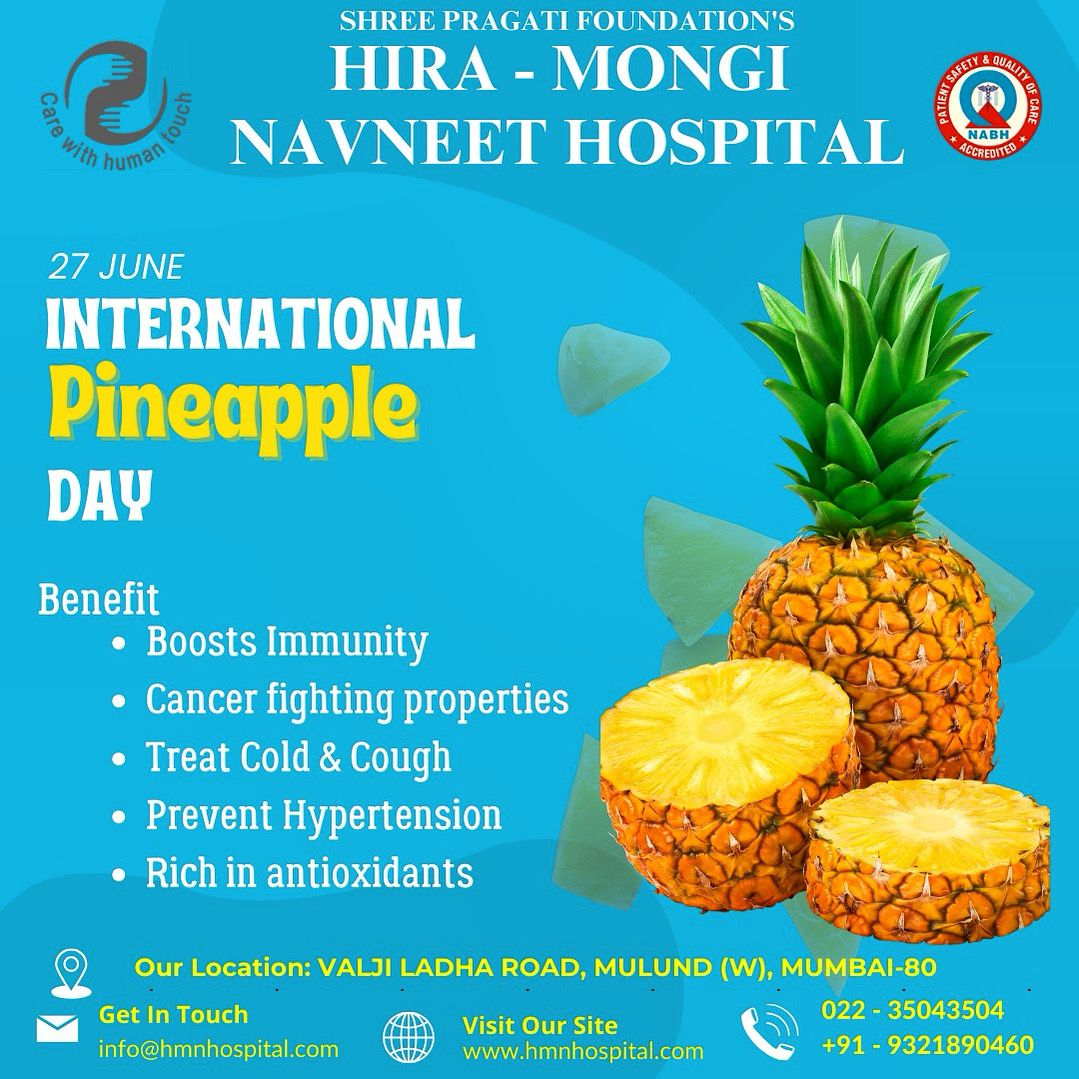Health – Your first wealth

Nutrition plays a vital role in health and development, encompassing both our dietary choices and overall well-being. It enhances the immune system, reduces the risk of chronic diseases, and contributes to better pregnancies and increased mental alertness.
A balanced diet with essential vitamins and minerals promotes good health and helps prevent malnutrition and related disorders. Optimal nutrition is crucial for maintaining a healthy lifestyle, enhancing quality of life, and reducing healthcare costs.
1. The Building Blocks of Nutrition:
Carbohydrates, proteins, and fats are the three primary macronutrients essential for our body, and their daily recommended intake should range from 45-65%, 20-35%, and 10-35%, respectively. Each macronutrient plays a crucial role in our body, from providing energy to building tissues and maintaining body functions. Besides, micronutrients
such as vitamins and minerals are necessary in small quantities for proper growth, immunity, and overall well-being.
A balanced and varied diet, containing adequate portions of macronutrients and micronutrients, is crucial for maintaining good health.
2. The Impact of Nutrition on Health:
You may keep your weight stable by eating a balanced diet that contains plenty of fruit, vegetables, whole grains, and a modest quantity of unsaturated fats, meat, and dairy. A good range of these items each day means less room for foods heavy in fat and sugar, which are a major contributor to weight gain. A diet high in fiber from plants seems to encourage the development and maintenance of good bacteria. Short chain fatty acids, which microorganisms convert from fibers to produce, have been found to
activate immune cells.
3. The Power of Balanced Diet:
A well-rounded diet offers various benefits, including improved energy levels, healthy weight management, and reduced risk of chronic diseases. Eating a balanced diet comprising all essential nutrients, vitamins, and minerals helps boost metabolism, maintain a healthy body weight, and promotes good digestion. It also reduces the risk of chronic health conditions such as diabetes, heart diseases, and cancer. A diet rich in whole foods, fruits, and vegetables can provide adequate nutrition, enhancing the body's overall well-being and reducing the likelihood of illness. Here are a few recommendations for healthy eating:
● Greater fiber starchy carbs in the diet – Starchy carbohydrates like potatoes, bread, rice, cereals, etc., must make up at least one-third of the diet's
calories.
● Generous servings of fruit and vegetables, which can be consumed frozen, juiced, or dried.
● More fish in the diet—exactly oily fish—because it contains more protein, vitamins, and minerals than other types of fish.
● Limiting sugar and saturated fat – Reducing sugar and fat in the blood helps lower cholesterol levels, lowering the risk of heart disease. Diabetes and tooth decay risk can be reduced by cutting less on sugar. As a result, less butter, cheese, cakes, and other foods must be consumed.
● Less salt: A daily salt intake of no more than 6g is required. It can lowerblood pressure.
● Quench your thirst – Dehydration can be prevented by consuming fluids.Avert alcoholic beverages.
● Avoid skipping breakfast; it is a myth that skipping breakfast can help you lose weight. A good breakfast can help you maintain a balanced diet and a healthy lifestyle.
Importance of good nutrition:
1. Maintains good heart health: By making lifestyle changes, such as getting more exercise and eating healthily, people may be able to stop up to 80% of heart
disease and stroke diagnoses in their tracks.
2. Enhances wellbeing: Eating the appropriate foods will give you the energy you need during the day, improve your focus, and allow you to sleep better.
3. May increase lifespan: While your body needs food to survive, the process of metabolizing—the breakdown of food into its constituent parts—stresses the body. Overeating puts the body under additional stress, which could reduce its lifetime.
4. Boosts energy: One of the first benefits of switching to a healthy diet is an increase in energy. It's never too late or never too early to work towards being the healthiest you


